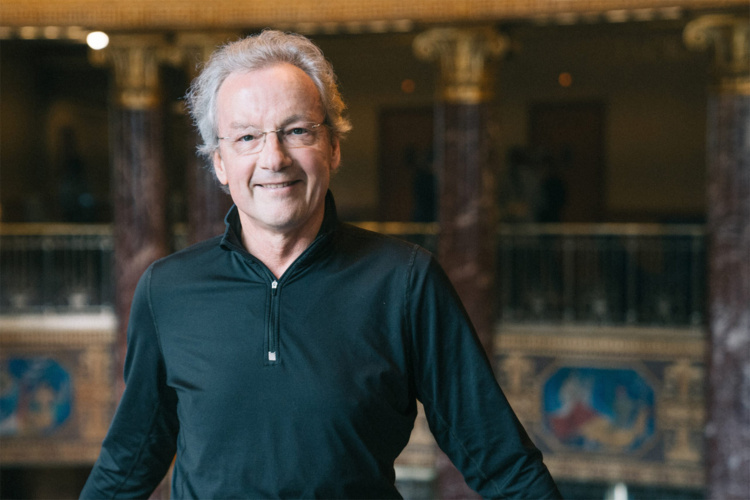Saturdays at 7pm

Music Director Franz Welser-Möst. Photo: Sebastian Fröhlich
The WFMT Orchestra Series continues January 11 with a new 13-week season of Cleveland Orchestra concerts, hosted by Bill O’Connell. The series features performances from the 2023-24 season, showcasing the orchestra’s rich, powerful sound and diverse repertoire. Conducted by Music Director Franz Welser-Möst, along with guest conductors like Daniel Harding, Rafael Payare, and Barbara Hannigan, the series begins with Mahler’s epic Symphony No. 2, “Resurrection.” Other highlights include Bartók’s The Miraculous Mandarin, Sibelius and Tchaikovsky’s Second Symphonies, Brahms’ Piano Concerto No. 1 with Daniil Trifonov, and more. Tune in Saturdays through April 5.
